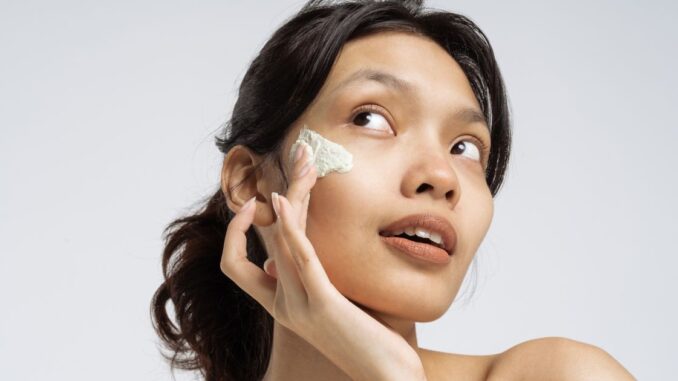
If there’s a skincare ingredient that has been lauded more than the others, it’s retinol.
The effectiveness of this powerhouse ingredient has been proven and prescribed by dermatologists, especially in addressing acne and skin aging, but why are some people afraid of using retinol in their skincare routine?
According to Dr. Mitch Carlos-Tanchiong, a board-certified dermatologist from HOO Dermatology and NU.U Asia, retinol is a type of retinoid, a chemical compound that comes from Vitamin A.
It is approved by the Food and Drug Administration (FDA) to treat acne and photo-aging, a term used to describe the changes in the skin due to UV exposure.
Despite its effectiveness, the use of products with retinol has been associated with some side effects, given the high potency of the ingredient, which makes people hesitant to incorporate it into their skin regimen.
Among the known side effects include skin itching, irritability, and redness, which, according to Tanchiong, are all normal skin reactions.
This adjustment period of the skin, when introduced to Vitamin A brought by retinol, is called “retinization.” It’s like when you start a new exercise routine, and your muscles feel sore at first, but then they get used to it, and the soreness disappears.
“Retinization is when our skin has to adapt to the side effects, so we go through some dryness, redness, and peeling,” Tanchiong said during the launch of Clinique’s Smart Clinical Repair Line with retinol as its star ingredient.
However, if you use retinol more consistently, the side effects will eventually subside. If it doesn’t, it’s recommended to consult a dermatologist on which type of retinol best suits your skin condition.
Another doctor who gave her stamp of approval for retinol use is Dr. Vicki Belo, who, in an exclusive interview, recommended the usage of serum with Vitamin A or retinol during nighttime for skin repair.
Retinol use, in the form of a serum or cream, is more common for people in the 50s and 60s. However, Tanchiong said it’s best to incorporate the ingredient into your regimen when “we start to see the first signs of aging.”
“Even before we see signs of aging, there are already aging processes going inside of our skin, so more or less 20s and 30s would be a good start to retinol,” she said.
The dermatologist also highlighted the importance of consistency with the skincare routine, especially with retinol.
“Most of the studies done with any retinol, the results are seen when you use it at least three times a week,” she said.
“But, of course, if you’re going to increase the frequency of using retinol, that would lead to better results,” she added.
You may visit the FDA’s official website to check whether the product with retinol you’re about to use is approved.
—MGP, GMA Integrated News


Be the first to comment